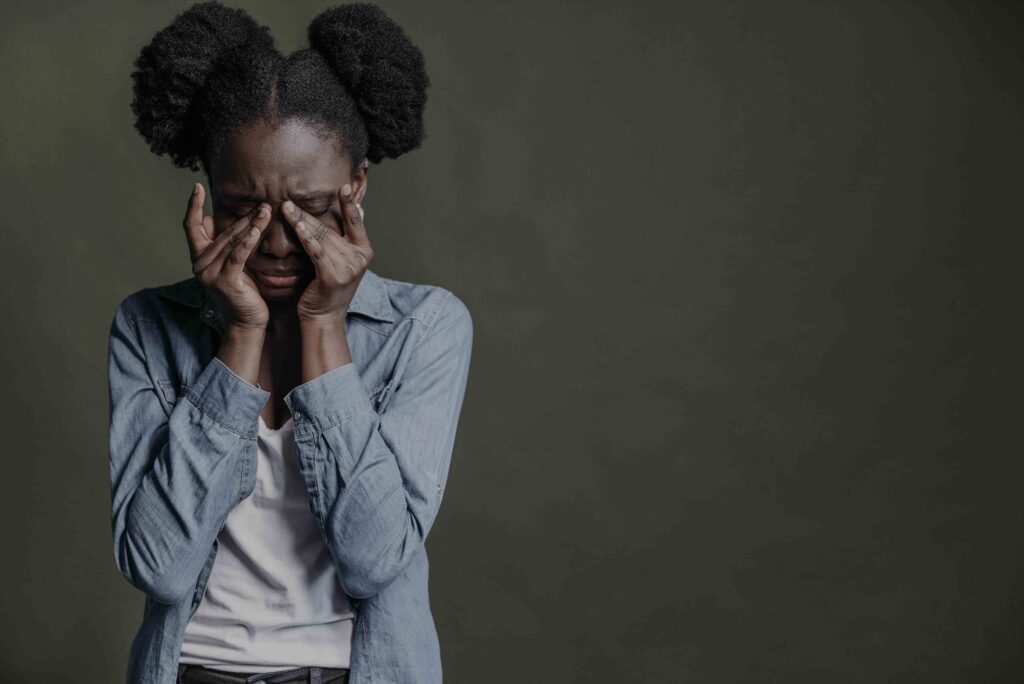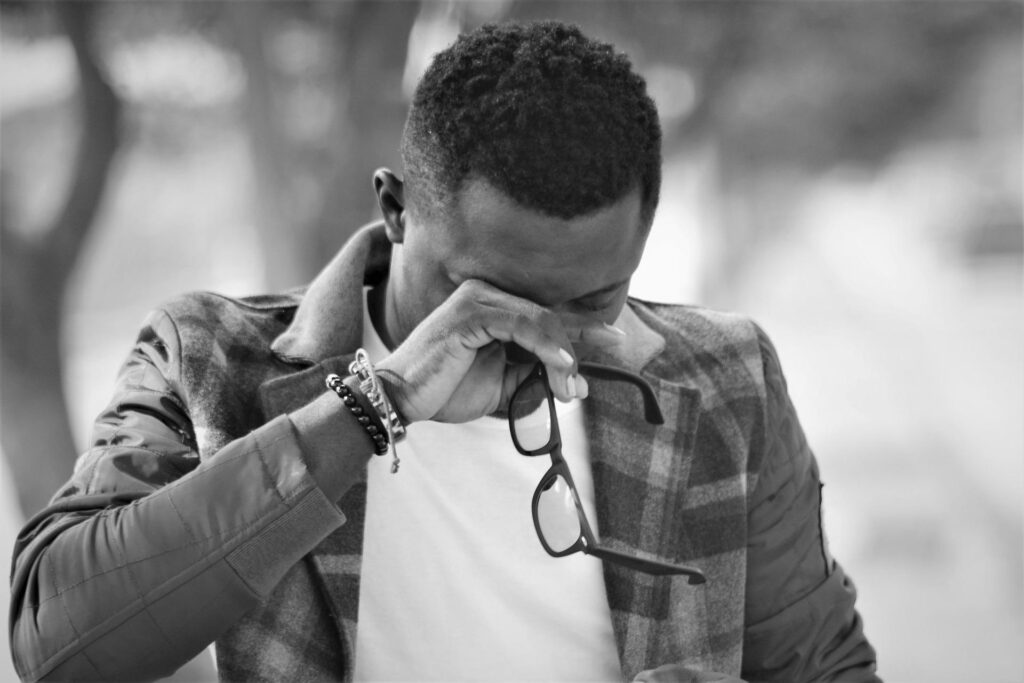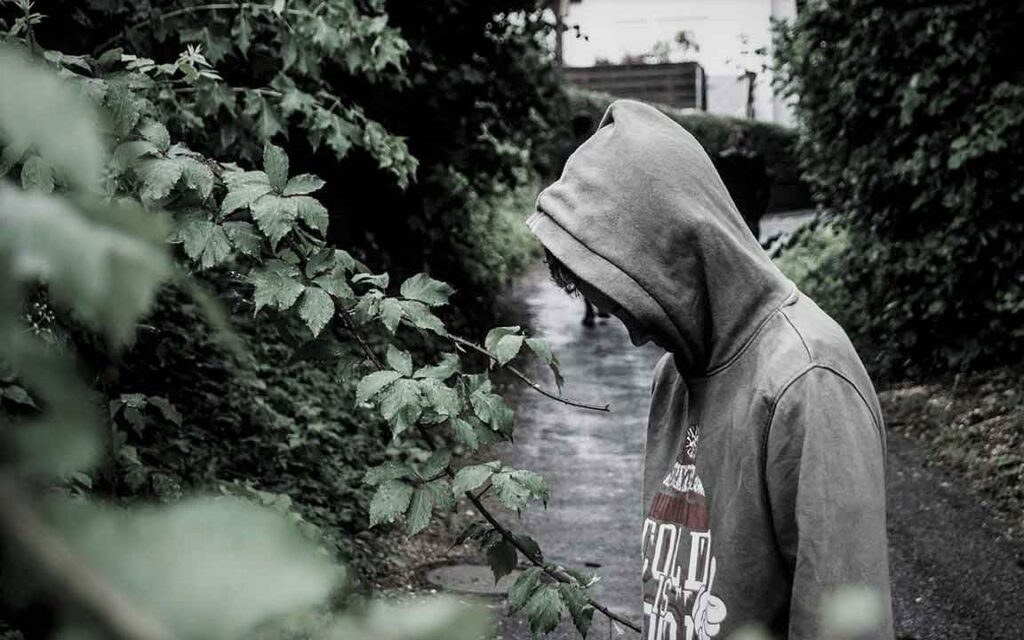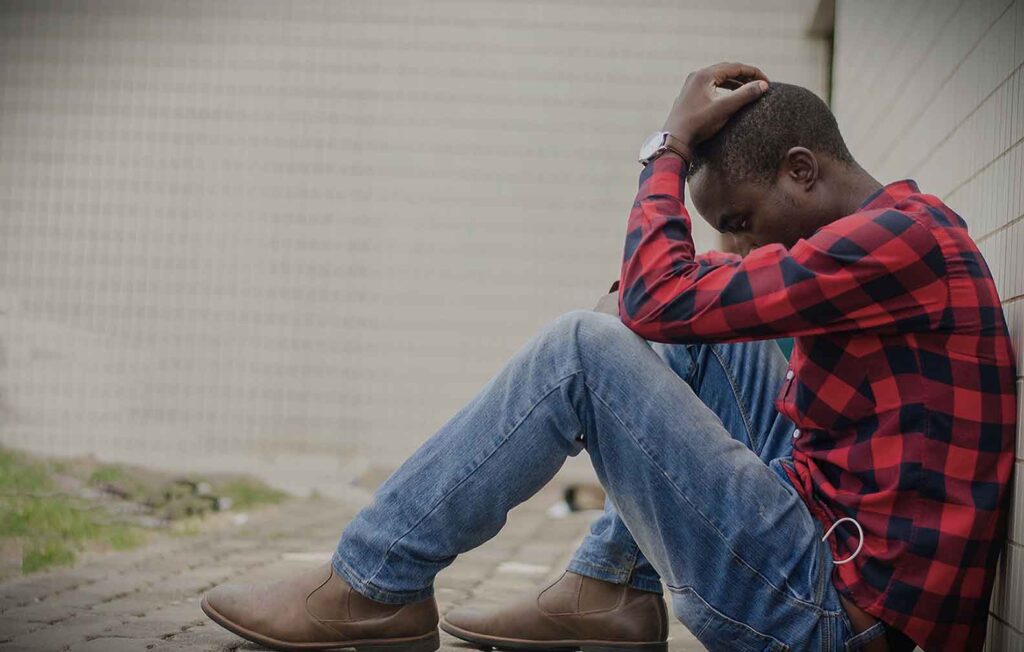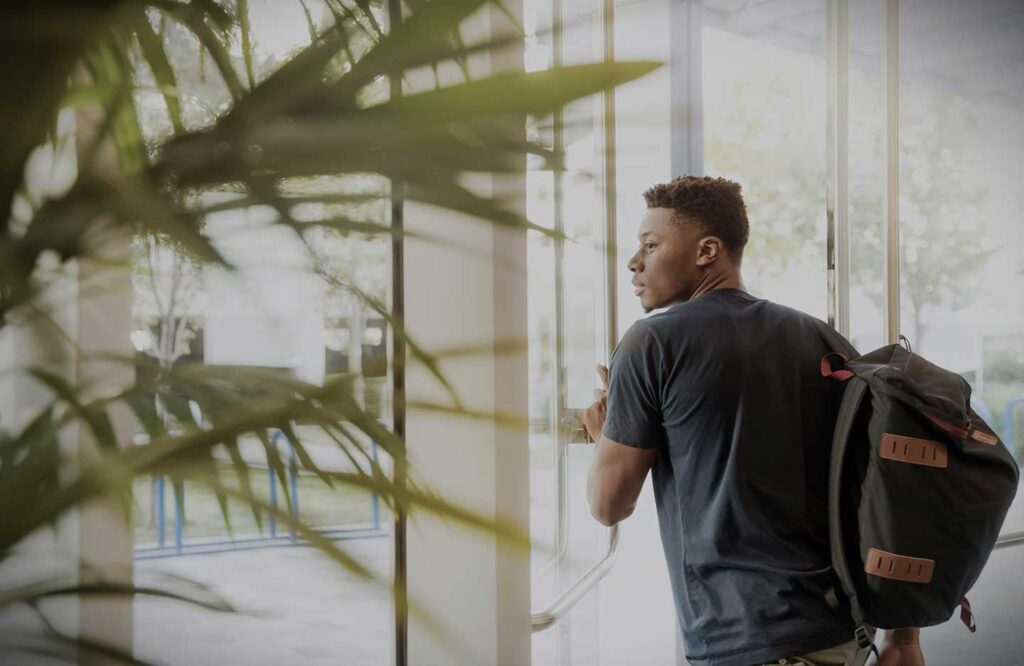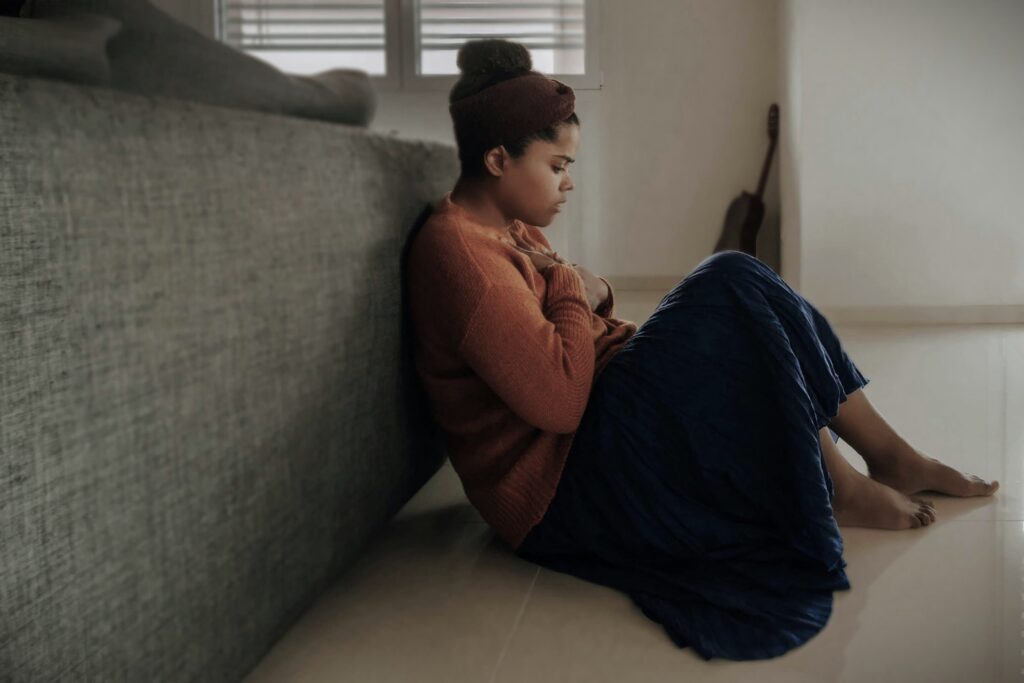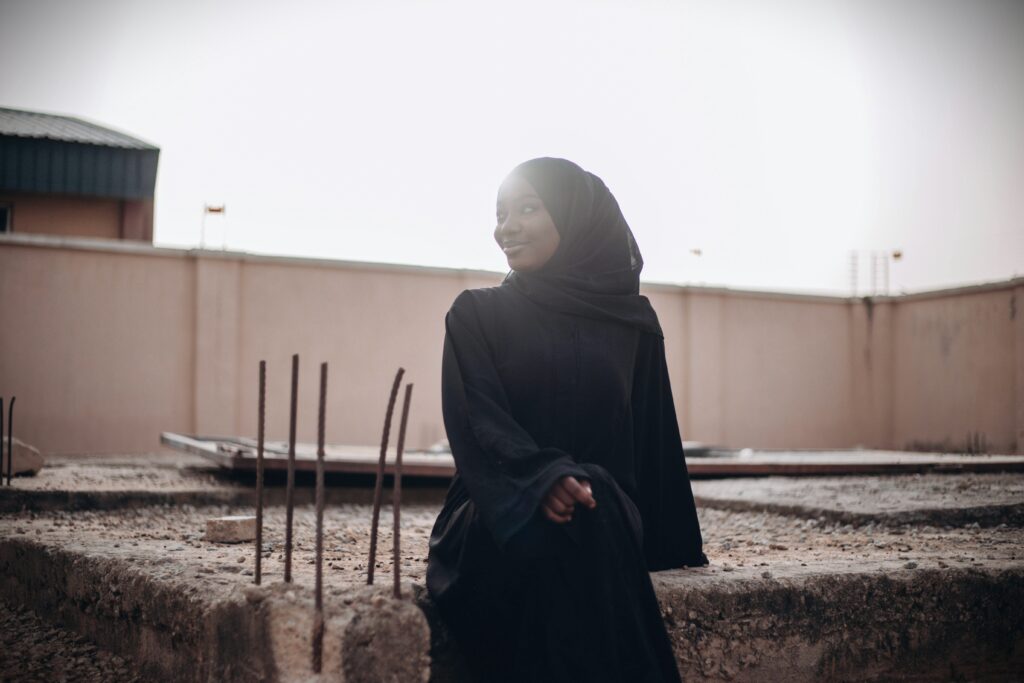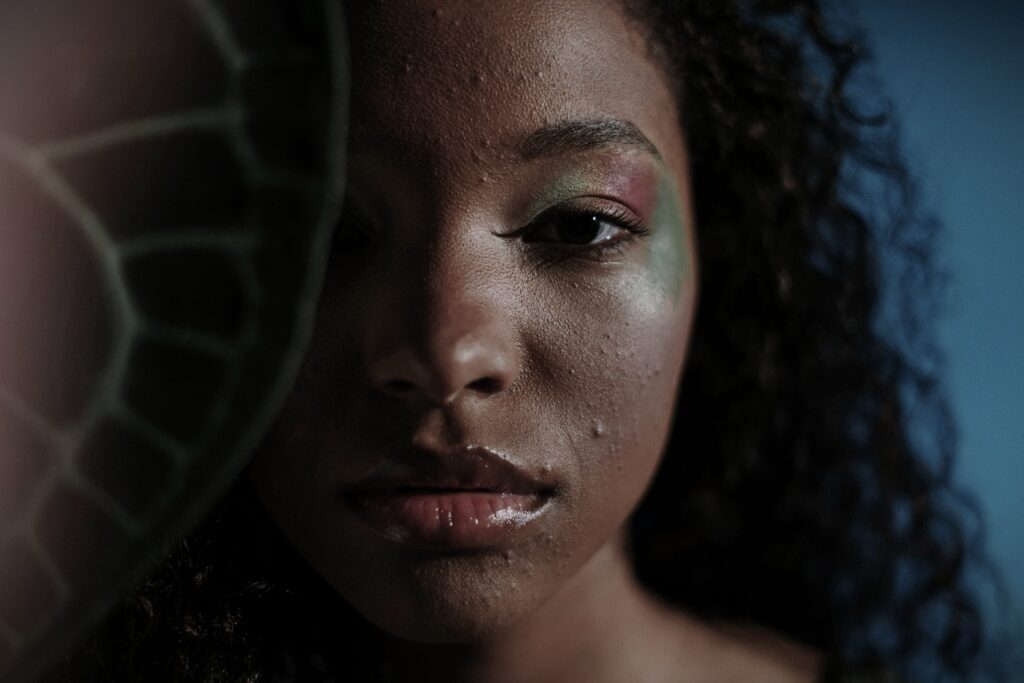The Hidden Weight of Being the Eldest Daughter
My mental health struggles began long before I even recognized them as such. Growing up as the eldest daughter came with a weight I was never prepared for. I was expected to be responsible, strong, and “mature,” even though I was still just a child myself.
There was this unspoken rule, I had to hold everything together, at home, in school, and even emotionally.
On the outside, I looked like I was coping well. People called me dependable, strong, the one they could always count on. But inside, I was overwhelmed. I lived with constant anxiety, second-guessing myself at every turn. I felt like I had to carry everything alone, and silence became the price of being “the strong one.”
I didn’t have the language to describe what was happening to me. I only knew that I often felt heavy, restless, or deeply sad, and I had no idea how to explain it without being misunderstood.
Over time, I realized these feelings weren’t just “growing pains” or “normal stress.” My mind had been trying to tell me I was struggling, but I kept pushing myself to endure. That was the real beginning of my mental health journey: realizing that what I had buried and ignored for so long needed to be acknowledged, named, and eventually healed.
Living with Anxiety and Silent Doubt
Mental illness has shaped my life in ways I sometimes struggle to put into words. It affected how I saw myself, how I related to others, and how I approached opportunities.
There were times I doubted my worth, questioning if I was ever good enough, even when I had already proven myself capable. Anxiety made me overthink every detail, replay conversations in my head, and carry guilt for things completely outside my control.
It also crept into my relationships. Being “the strong one” made it hard to open up or ask for help. I worried people wouldn’t understand, or worse, that they would dismiss my feelings as weakness. So I stayed silent, keeping everything bottled up, and that distance created its own kind of loneliness.
Even academically and personally, my struggles showed up. There were days motivation slipped through my fingers. Even when I succeeded, it was difficult to celebrate, because my mind was already worrying about the next challenge. It felt like carrying an invisible weight no one else could see.
And yet, as difficult as it has been, my experience has given me empathy. It has taught me to notice the silent struggles in others, to listen more deeply, and to celebrate small victories. My pain has shaped me into someone who not only understands suffering, but also deeply values healing and growth.
The Silence That Made the Weight Heavier
One of the hardest parts of my journey has been the silence, both my own and the silence of those around me.
For so long, I didn’t know how to put what I was feeling into words. Even when I wanted to speak, fear held me back. I worried about being judged, misunderstood, or seen as weak. Carrying everything inside felt safer, but it also made the weight heavier.
The expectations on me as the eldest daughter added to that silence. Admitting that I was struggling felt like failure, so I kept pushing myself even when I was breaking inside. This pressure made it hard to rest, set boundaries, or simply say, “I need help.”
Stigma was another challenge. Too often, mental health is dismissed with lines like “pray it away.” While my faith has been an anchor, I know healing also requires intentional work, compassion, and sometimes professional support. Facing dismissive attitudes has been painful.
Perhaps the greatest challenge, though, has been learning to extend grace to myself. I hold myself to impossibly high standards, and when I fall short, my inner critic grows loud. Learning to be patient with myself and to accept that healing isn’t linear has been one of the hardest, but most important, lessons.
Finding Safe Spaces, Faith, and Healing
What has helped me most in my mental health journey is realizing I don’t have to carry everything alone. Finding safe spaces, through supportive friends, mentors, faith, or communities, gave me the courage to speak honestly about what I feel. Just knowing I am not alone has been deeply healing.
Journaling has also become one of my greatest tools. Writing down my thoughts and emotions helps me release the weight in my mind. It allows me to process what I feel, notice patterns, and remind myself how far I’ve come. On days when speaking feels impossible, my journal becomes my voice.
Prayer and my faith in God have been my anchor. My relationship with Him reminds me that I am not defined by my struggles. Even in my lowest moments, I am seen, loved, and carried. That assurance has given me strength when I felt I had none.
Education has also been powerful. Reading, listening to others’ stories, and learning coping strategies gave me the language for my emotions and tools to manage them. The more I understand, the less powerless I feel.
Finally, showing up for myself in small ways has made a difference. Whether it’s taking a walk, practicing mindfulness, or celebrating little wins, these everyday choices remind me that healing isn’t a single moment — it’s a journey.
A Hope for Accessible and Compassionate Care
If there’s one change I’d like to see in mental health care, it’s accessibility. In many communities like mine, mental health services are too expensive, unavailable, or stigmatized. Care shouldn’t be a privilege. It should be something everyone can reach without fear or financial strain.
I also hope for more awareness and education. Too often, people dismiss mental health struggles simply because they don’t understand them. If schools, workplaces, and communities prioritized mental health education, we would reduce stigma and create safer environments for people to speak up. Knowledge is power, and when people know better, they do better.
Another change I’d love to see is compassion-centered care. Healing goes beyond medication or clinical interventions. It requires empathy, listening, and understanding. Mental health providers should treat individuals as whole people, not just symptoms. Everyone deserves to be seen, heard, and treated with dignity.
Finally, I want mental health to be woven into everyday life. Instead of waiting for a crisis, we should normalize mental health check-ins, self-care practices, and conversations about well-being. The earlier we address these issues, the better the outcomes.
For me, the future of mental health care is one where no one suffers in silence, where asking for help is seen as strength, and where healing is within everyone’s reach.
My name is Frieda. I am a psychology student, child and mental health advocate, and passionate storyteller. I love learning, public speaking, and creating safe spaces where young people feel seen and heard. My dream is to inspire change and contribute to global mental health advocacy.
Inspired by this story? Share your story with others. Tell us how mental illness has affected your life.

